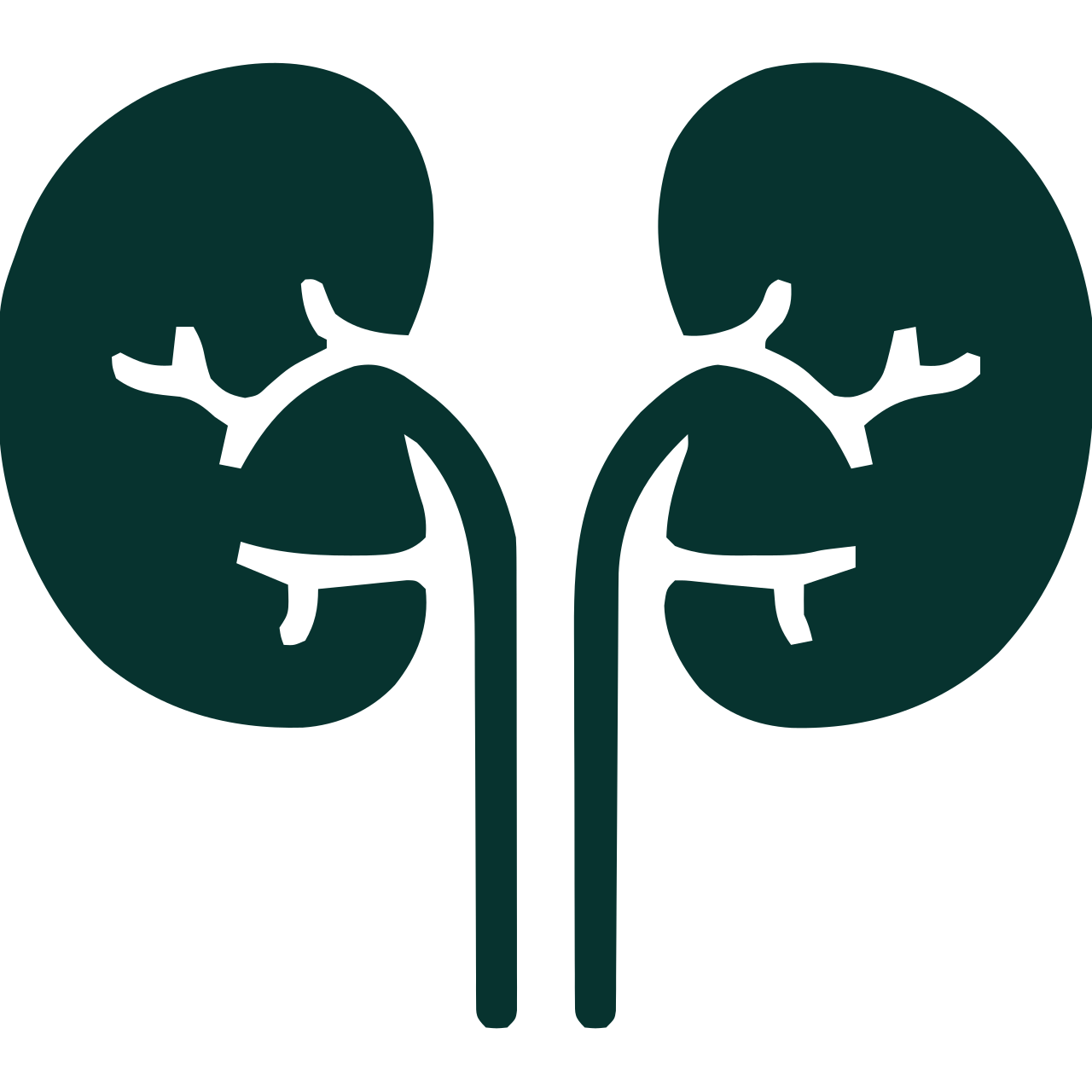What is Chronic Kidney Disease?
CKD or chronic kidney disease is a medical condition when the functioning of your kidneys gradually deteriorates over a period. If not given timely treatment, chronic kidney disease can prove to be fatal. A prolonged interruption in the functioning of the kidneys results in a build-up of waste and toxins in the body. Chronic kidney disease natural treatment has gained traction among CKD patients over the past few years due to its non-invasive nature and relatively low chances of getting side effects. Natural treatment of CKD usually makes use of herbs to cure this disease.
When your kidney damage has lasted for more than 3 months, you are said to be suffering from chronic kidney disease. One must remember that CKD has five stages. As far as symptoms are concerned, CKD patients usually experience weakness, concentration issues, inadequate energy levels, loss of appetite, swelling of hands, feet, and ankles, shortness of breath, puffy eyes, dry itchy skin, etc.
Causes of Chronic Kidney Disease
- Glomerulonephritis
- Polycystic kidney disease
- Membranous nephropathy
- Obstructions in the urinary tract
- Kidney infection (pyelonephritis)
Who is at a Higher Risk?
- Diabetics
- People with high blood pressure
- Heart failure
- People with a CKD family history
- Obese people
- Older people
- Smokers
How To Diagnose Chronic Kidney Disease?
Blood tests, urine tests, imaging tests, and kidney biopsies are most often used to diagnose CKD.
Complications of Chronic Kidney Disease
- Fluid imbalance
- High blood pressure
- Anemia
- Heart diseases
- Bone diseases
- End-stage kidney disease
Chronic Kidney Disease Natural Treatment
Chronic kidney disease Ayurvedic treatment is quite effective in effectively addressing the complexities of this renal ailment. Chronic kidney disease natural treatment uses specific Ayurvedic herbs like Punarnava, Gokshura, etc. to treat CKD. Not just this, natural treatment for CKD also offers dietary recommendations to accelerate the rehab in the patients. Specific lifestyle changes are also recommended to CKD patients so that their symptoms are alleviated and they live a hassle-free life.
Herbal Medicine for Chronic Kidney Disease
A natural cure for chronic kidney disease uses the following herbs to treat this renal ailment.
- Punarnava: Punarnava is one of the most effective herbs for treating multiple renal ailments, including chronic kidney disease. The herb boasts anti-spasmodic, anti-microbial, and anti-inflammatory properties. The presence of these properties ensures that this herb effectively repairs the damage accumulated in the renal tissues. In fact, Punarnava has also shown good results in delaying the progression of chronic kidney disease.
- Gokshura: Gokshura is a potent Ayurvedic herb that has shown good results in alleviating pain and other symptoms associated with chronic kidney disease. It is instrumental in removing excess uric acid from the body. Gokshura is also helpful in discouraging the formation of kidney stones in the body.
- Giloy: Giloy has diuretic properties that help promote the outflow of urine in the body. This results in a reduced build-up of toxins in the body. Regularly consuming this herb may help in alleviating the symptoms associated with chronic kidney disease.
Natural Remedies for Managing Chronic Kidney Disease
CKD natural treatment is incomplete without appropriate diet and lifestyle changes. Some of the most recommended lifestyle recommendations for CKD patients are:
- If you are at the early stage of CKD, then staying away from legumes, dairy products, seeds and nuts, meat, fish, processed foods, pepper, chilies, wheat, and brown bread will help delay the progression of the disease and may even result in you getting complete relief from the symptoms of this renal ailment.
- Consuming a high amount of animal protein like meat, fish, etc. has been linked with a higher production of creatinine in the body. This has been linked with damaged renal functions in the long run. If possible, you must moderate the consumption of animal-based protein. You have the option of replacing animal-based protein with cheese, tofu, etc.
- Try to include fruits and veggies, buttermilk, etc. in your diet. If possible, consume a diet rich in fiber. A high-fiber diet has been linked with improved renal health in CKD patients.
- Want an inexpensive and hassle-free way to keep your kidneys healthy? Just drink water. Believe it or not, water is one of the best medicines for our kidneys. Keeping yourself well-hydrated allows the kidneys to flush out toxins from the body. Hydrate yourself with water, juices, coconut water, herbal teas, etc.
- Berries like strawberries, cranberries, etc. have a high amount of antioxidants. This results in reduced oxidative stress in the kidneys, helping with the symptoms of CKD. Eat berries like blueberries, strawberries, cranberries, etc. for healthier kidneys.
- If possible and permitted, you should exercise regularly, as it encourages good cardiovascular health. A healthy heart means it can pump blood effectively to all parts of the body, including the kidneys. This results in healthier kidneys.
- If you are a CKD patient, then you must avoid smoking and drinking. Excessive consumption of alcohol has been linked with damaged liver and deteriorating cardiovascular health. Smoking is also equally dangerous to our health. Smoking regularly results in damaged kidney tissues. This may aggravate your CKD symptoms.
- Yoga has shown great results in alleviating symptoms such as pain in CKD patients. Asanas like Salamba Bhujangasana, Paschimottanasana, Balasana, and Setu Bandhasana help boost renal functions, as these specific asanas improve blood flow to the kidneys. This results in improved renal health in the long run.
CKD can easily be cured if your treatment is swift. Diagnosing the symptoms early, taking appropriate medicines, and following the precautions to the hilt will ensure that you get long-lasting relief from the symptoms of chronic kidney disease.





















